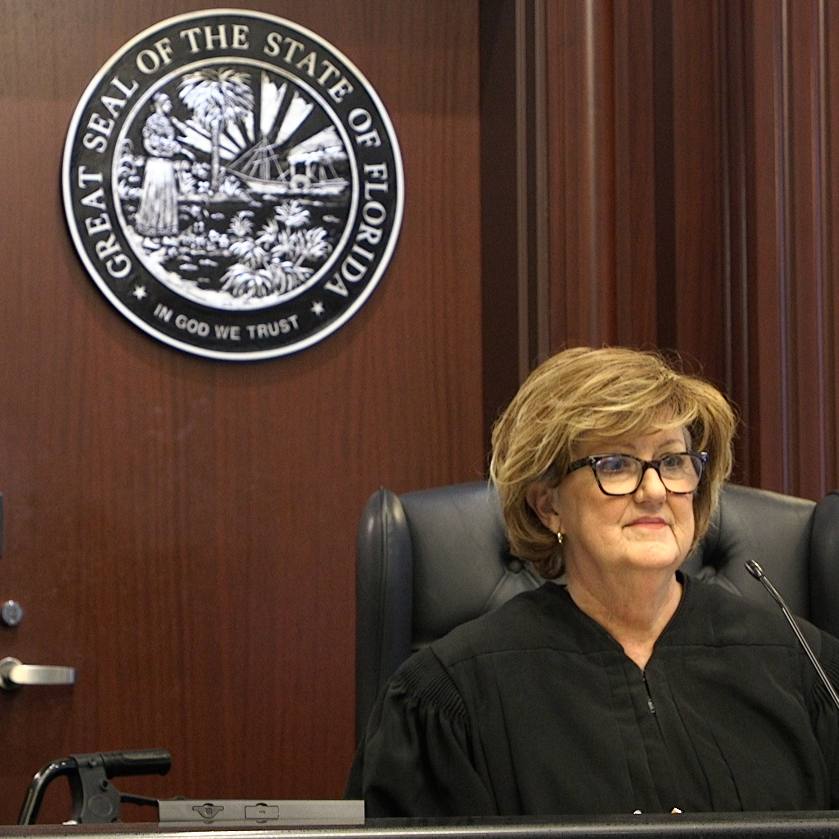
The first time John Fulton was diagnosed with cancer, he was 15 years old. Ewing's Sarcoma, a rare bone cancer, struck twice within a couple of years. John enrolled in a clinical trial originally staged at Mayo Clinic to fight the disease and won the battle. To have remission after recurrence was unusual, a feat that meant, in John's words, that he "beat the system."
In 2002, John was having a routine physical when spots were found on his pancreas, a classic indicator of a serious condition. John's physician recommended advanced treatment, gave him a referral, and John called Mayo Clinic that same afternoon.
The following Wednesday, less than a week after making the call, John met with Mayo oncologist Joseph Rubin, M.D. While John described his entire medical history, Dr. Rubin followed along with a copy, checking to ensure its accuracy. John and Karen, his wife, appreciated Dr. Rubin's patience and attention to detail. "We were treated like individuals by each physician. They took the time to answer questions and explain what was going on. We know millions of patients go through Mayo every year, but we never felt like a number," says Karen.
John then underwent a battery of tests, including a liver biopsy. On Friday afternoon, John and Karen met with Dr. Rubin and surgeon Florencia Que, M.D. While they talked Dr. Rubin called the pathology lab for the final test results. "We couldn't believe the results were ready so fast, but Dr. Rubin assured us the pathology department was the best, and the results were accurate," Karen recalls.
While the Fultons had been prepared for a deadly pancreatic cancer diagnosis, Dr. Rubin gave them good news. John's islet cell cancer, a rare form of pancreatic cancer, was much more treatable than more common pancreatic cancers. "Dr. Rubin told me that I beat the system again," says John.
Drs. Rubin and Que proposed an aggressive treatment plan, which included performing surgery as soon as possible. Chemotherapy and radiofrequency ablation treatments, a minimally invasive cancer-killing technique, followed. John and Karen, however, weren't worried. "Dr. Rubin and Dr. Que were patient. They took the time to answer all my questions and concerns. We never felt rushed," explains Karen.
John's surgery took place the next Monday, five days after he arrived at Mayo Clinic. After performing the ten-hour surgery, during which Dr. Que removed Fulton's spleen, gallbladder, and parts of his liver and pancreas, she sat down with Karen to explain how the procedures had gone well.
John had expected a month-long recovery for the extensive operation, but was pleasantly surprised when his follow-up appointments were completed in less than two weeks. Back in Michigan, Dr. Rubin worked with John's physicians on his continuing treatment, with annual check-ups taking place at Mayo Clinic in Rochester.
John's Christian faith has grown much stronger through this experience. He also has maintained a positive attitude throughout the complete experience. "I've learned to enjoy your time while you're here," John says. "Live each day like it could be your last. Live for the future but don't let the moments get away."
Nearly four years after his last radiofrequency ablation, no new cancerous growths have appeared. John continues a monthly chemotherapy treatment, but maintains a positive attitude. He recalls, "When I was first diagnosed, I asked Dr. Rubin how long people usually live with the condition. He said five years." Fulton smiles, still healthy six years later. "I'm cured."







